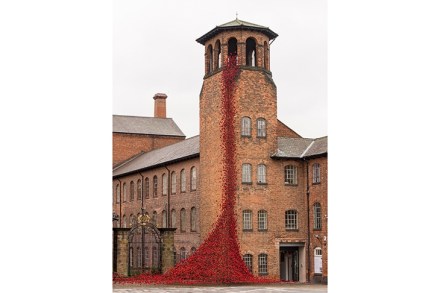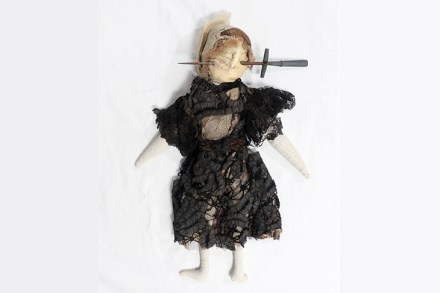Don’t mention the war
A cascade of poppies falls from ‘weeping windows’ across Britain. A 50-metre drawing of Wilfred Owen appears in the sand, and is washed away by the sea in which he swam. A silhouetted soldier stands on the white cliffs of Dover. A thousand pumpkins ‘recall’ an antisubmarine airship. You can pretend you are in no-man’s-land in Dorset, or ‘clearing up the immense horrors of trench warfare’ in Dulwich. We have Great War proms, Great War bake-ins, Great War fashion shows, even Great War Countryfile. Blackadder has been summoned back to the colours. The Royal Mail issues a ‘classic, prestige and presentation’ pack of stamps. In 2012 David Cameron committed an




















